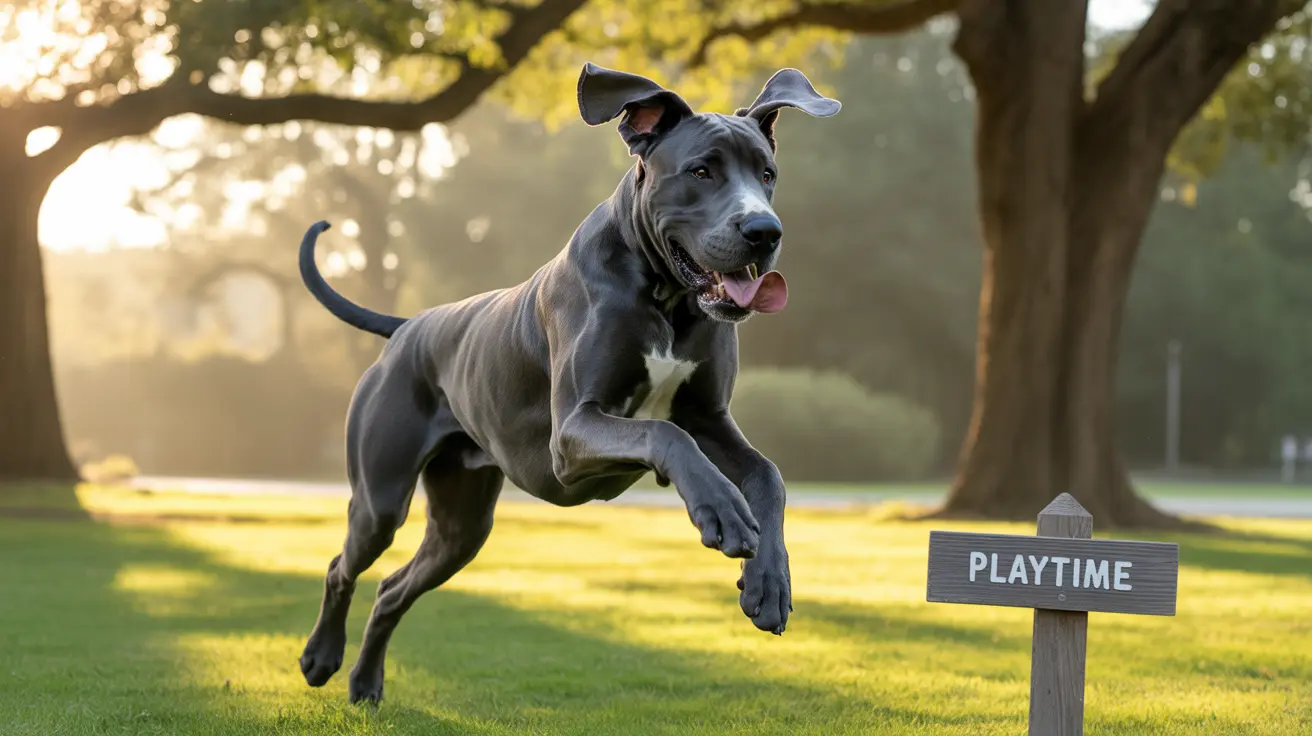Finding out your dog has eaten a grape can be a terrifying experience for any pet owner. While some dogs may show no immediate effects, grapes and raisins can cause severe, potentially life-threatening reactions in others. Understanding the risks and knowing how to respond quickly could save your dog's life.
This comprehensive guide will help you understand the dangers of grape ingestion in dogs, recognize the warning signs, and know exactly what steps to take if your dog consumes even a single grape.
Why Are Grapes Dangerous for Dogs?
Grapes and raisins contain an unknown toxic compound that can cause severe kidney damage in dogs. Scientists haven't yet identified the exact substance responsible, but what's clear is that the toxicity varies significantly between individual dogs. While some pets might eat grapes without apparent issues, others can develop life-threatening kidney failure from just one grape.
What to Do If Your Dog Ate a Grape
If your dog has consumed even a single grape, taking immediate action is crucial:
- Call your veterinarian or pet poison control immediately
- Do not wait for symptoms to appear
- Be prepared to induce vomiting if directed by a professional
- Monitor your dog closely for at least 48-72 hours
- Keep detailed notes about any changes in behavior or symptoms
Signs of Grape Poisoning in Dogs
Watch for these symptoms within the first 24 hours after grape ingestion:
- Vomiting and diarrhea
- Lethargy or weakness
- Loss of appetite
- Increased thirst and urination
- Abdominal pain
- Dehydration
Advanced Symptoms of Kidney Failure
More serious symptoms may develop within 24-72 hours:
- Decreased or no urination
- Severe lethargy
- Bad breath (ammonia smell)
- Collapse
- Seizures
Treatment Options and Prognosis
Treatment success largely depends on how quickly you seek veterinary care. Your vet may:
- Induce vomiting if the grape was recently consumed
- Administer activated charcoal to absorb toxins
- Provide IV fluid therapy for 48+ hours
- Monitor kidney function through blood tests
- Prescribe medications to control symptoms
Prevention Tips
To protect your dog from grape toxicity:
- Keep all grapes, raisins, and related products out of reach
- Inform family members and visitors about the dangers
- Check ingredient lists on foods like cereals and baked goods
- Store grape-containing items in sealed containers
- Consider removing grape plants from your yard
Frequently Asked Questions
What should I do immediately if my dog ate one grape?
Contact your veterinarian or pet poison control right away. Don't wait for symptoms to appear, as early intervention is crucial for preventing kidney damage.
Can eating a single grape cause kidney failure in dogs?
Yes, even one grape can potentially cause kidney failure in susceptible dogs. The severity of the reaction varies between individuals, making it impossible to predict which dogs will be affected.
What symptoms indicate grape poisoning in dogs after ingestion?
Early symptoms include vomiting, diarrhea, lethargy, and increased thirst. More severe signs like decreased urination, weakness, and collapse may develop within 24-72 hours.
How do veterinarians treat dogs that have eaten grapes or raisins?
Treatment typically involves inducing vomiting (if recent ingestion), administering activated charcoal, providing IV fluids, and monitoring kidney function through blood tests.
Are foods containing grapes or raisins, like grape jelly or raisin bread, also dangerous for dogs?
Yes, any food containing grapes or raisins poses a risk to dogs. This includes raisin bread, trail mix, cereals, and baked goods containing these ingredients.
Remember, when it comes to grapes and dogs, it's always better to err on the side of caution. If you suspect your dog has eaten even one grape, don't hesitate to seek professional veterinary advice immediately.






